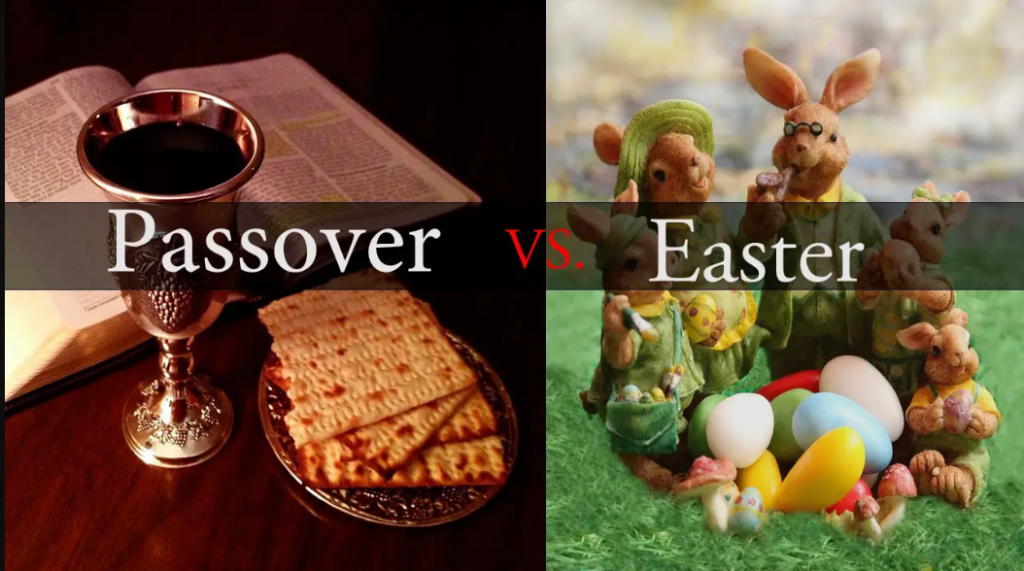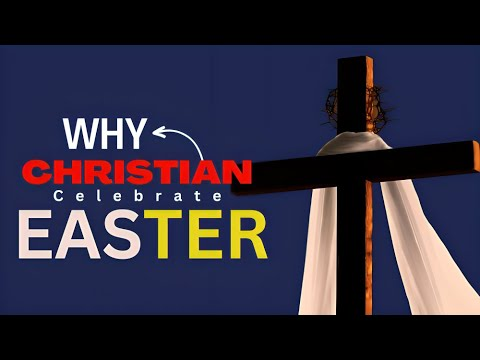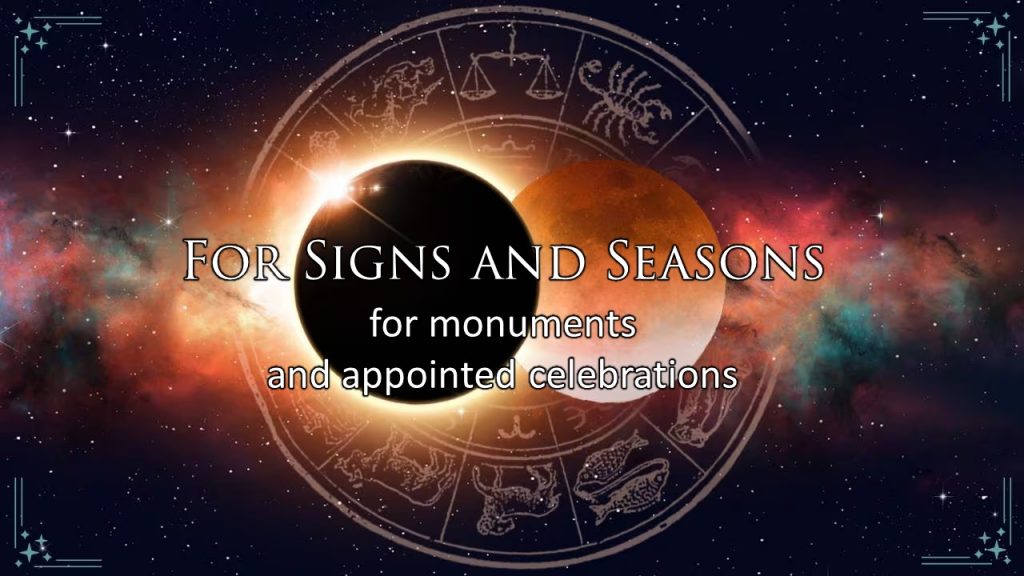Solving the Confusion over The Days celebrating Easter and Passover

Sometimes, the celebration dates of Passover and Easter coincide, but sometimes they can be weeks apart. Why is this? If Yeshua died at the time of the Jewish Passover, why does the institutionalized Christian church celebrate his death and resurrection on a different date of the year? How did they get separated?
For many Christians, Easter Sunday is the annual celebration of the resurrection of Jesus Christ three days after his death. The Gospel writers are very clear that His crucifixion took place at the Jewish observance of Passover. Christians understand the prophetic symbolism of the Passover sacrifice. In fact, Paul writes that “Christ, our Passover lamb, has been sacrificed” (1 Corinthians 5:7). How is it then, that this year (2025) Easter, on April 20th, occurs on the last day of the Jewish 8-day Passover celebration, whereas last year it occurred three weeks before Passover?
(more…)


